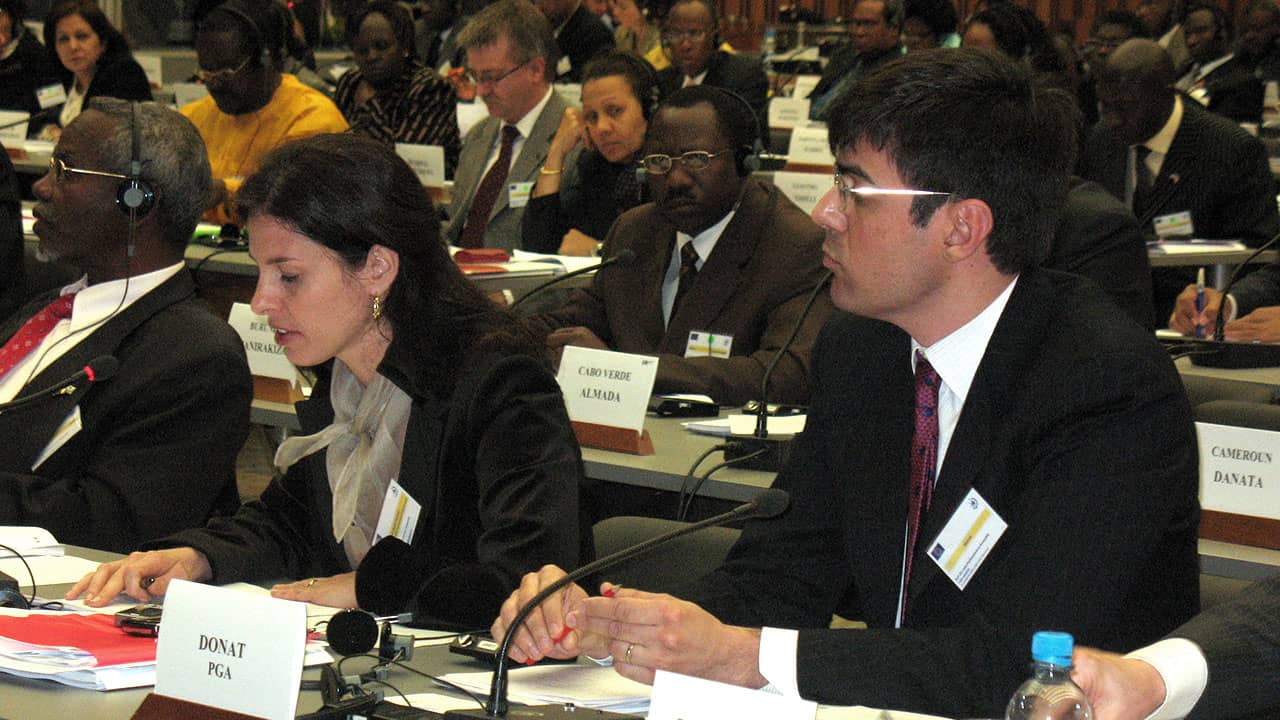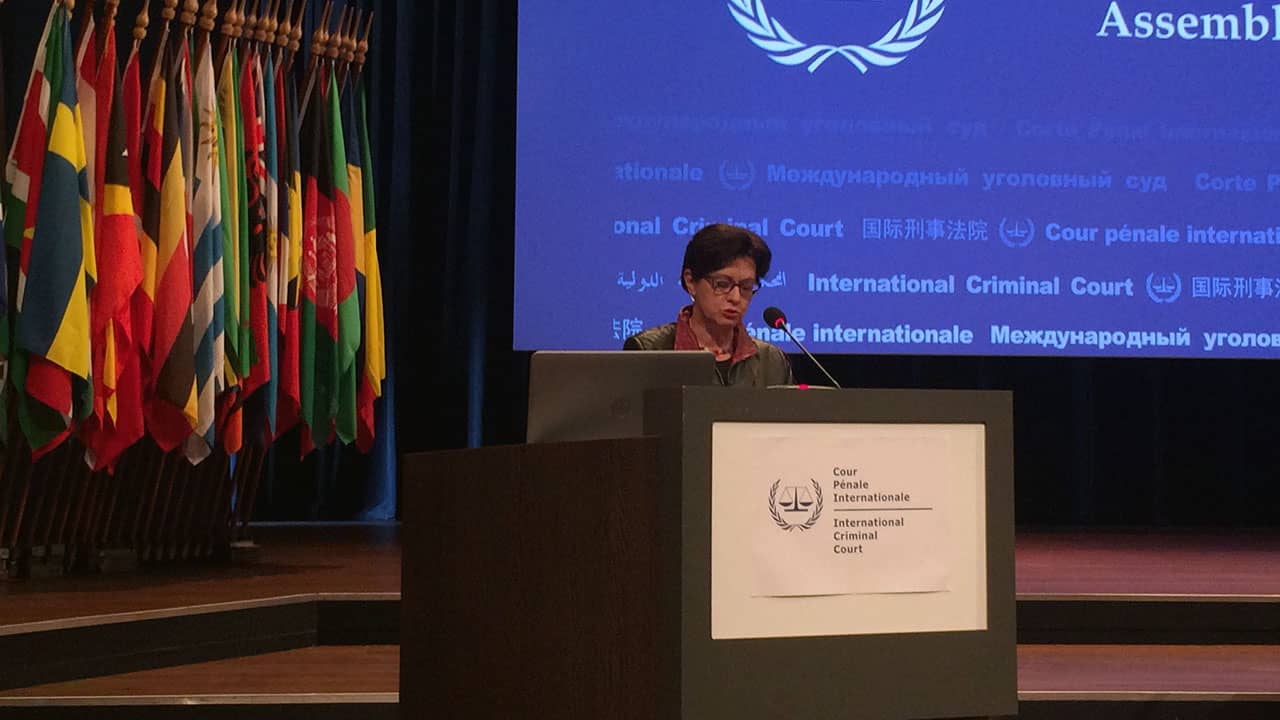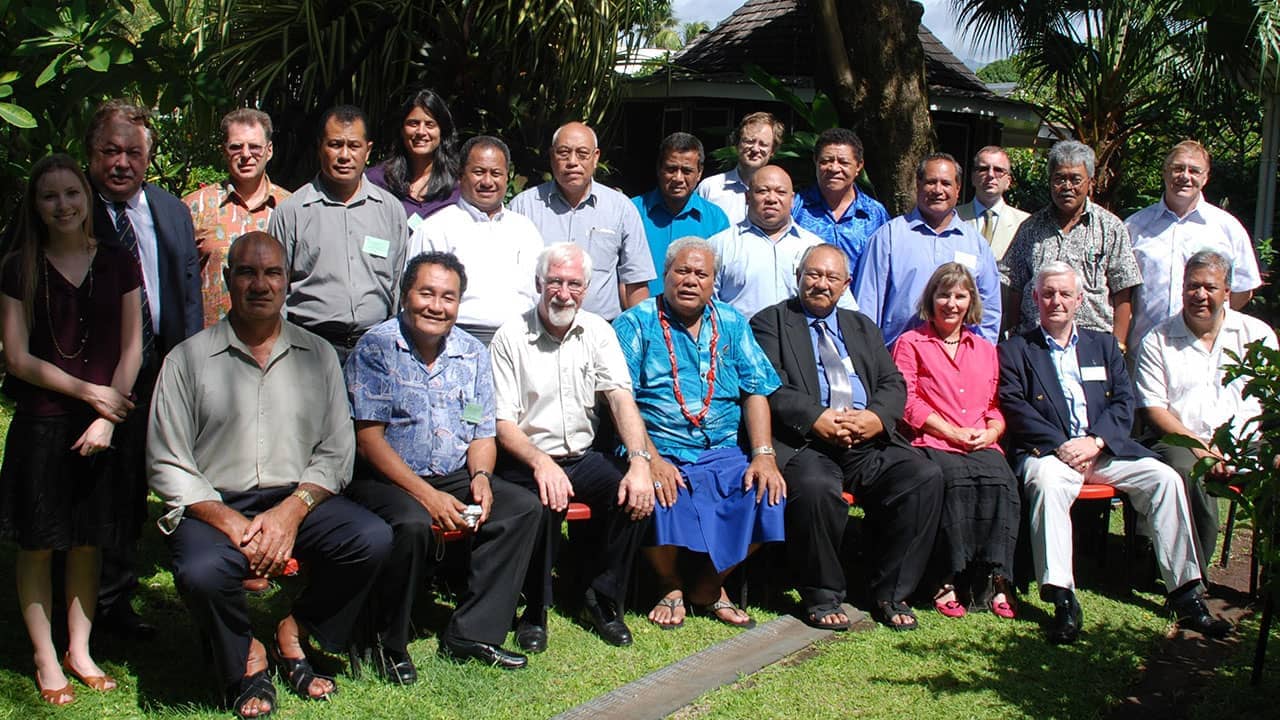During the ICC Pacific Outreach Roundtable (held in Sydney, Australia, in 2012), it was noted that in its last UPR in November 2015, Micronesia confirmed its commitment to address the Rome Statute. It was explained that while efforts have been slow in relation to the ICC, this has been necessary considering the country’s political, economic, and security ties with the US.
The capacity to develop implementing legislation is a significant issue. Micronesia is reluctant to ratify treaties without the capacity to develop implementing legislation in light of being placed in the third tier of the US Government’s trafficking in person report card – due to the lack of domestic legislation to address the issue.
Current domestic priorities identified were trafficking in persons and transnational crime (especially people smuggling and money laundering). While the Rome Statute “was not in Micronesia’s current vocabulary,” this did not mean that the country should not be a party to the Rome Statute.
| Signature, Ratification of/Accession to the Rome Statute of the ICC | |
|---|---|
| Signature Date: | No. Micronesia has neither signed nor acceded to the Rome Statute. |
| Ratification Date: | |
| Amendments to the Rome Statute | |
|---|---|
| Ratification of the Kampala Amendment to Article 8 of the Rome Statute on war crimes [poison and expanding bullets in NIAC] (2010): | No |
| Ratification of the Kampala Amendment to the Rome Statute on the crime of aggression reflected in Article 8 bis (2010): | No |
| Ratification of the Amendment to Article 124 of the Rome Statute (2015): | No |
| Ratification of the Amendment to Article 8 of the Rome Statute on war crimes [biological weapons] (2017): | No |
| Ratification of the Amendment to Article 8 of the Rome Statute on war crimes [blinding laser weapons] (2017): | No |
| Ratification of the Amendment to Article 8 of the Rome Statute on war crimes [non-detectable fragments] (2017): | No |
| Ratification of the Amendments to Article 8 of the Rome Statute on war crimes [starvation as a war crime in NIAC] (2019): | No |
| Adoption of implementation legislation of the Rome Statute of the ICC | |
|---|---|
|
Micronesia has not implemented any substantial provision of the Rome Statute. There is neither reference to the general principles nor any domestic legislation regulating cooperation with the ICC. |
|
| Cooperation Agreements | |
|---|---|
| Ratification of Agreement on Privileges and Immunities of the Court (APIC): | No. |
| Signature of Agreement of Enforcement Sentences with the ICC: | No. |
| Signature of Agreement of Interim and Final Release with the ICC: | No. |
| Signature of Bilateral Immunity Agreement with the USA: | Yes, signed at Washington on 24 September 2002 and entered into force on 30 June 2003. |







